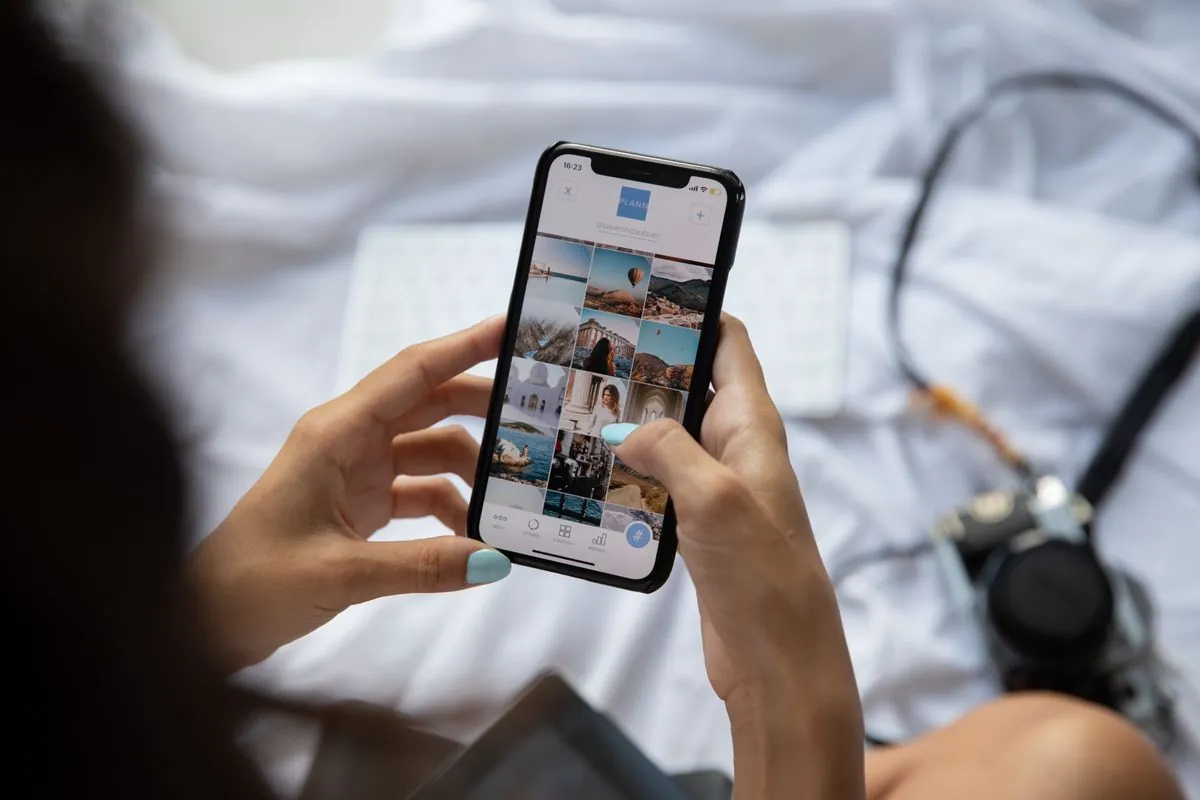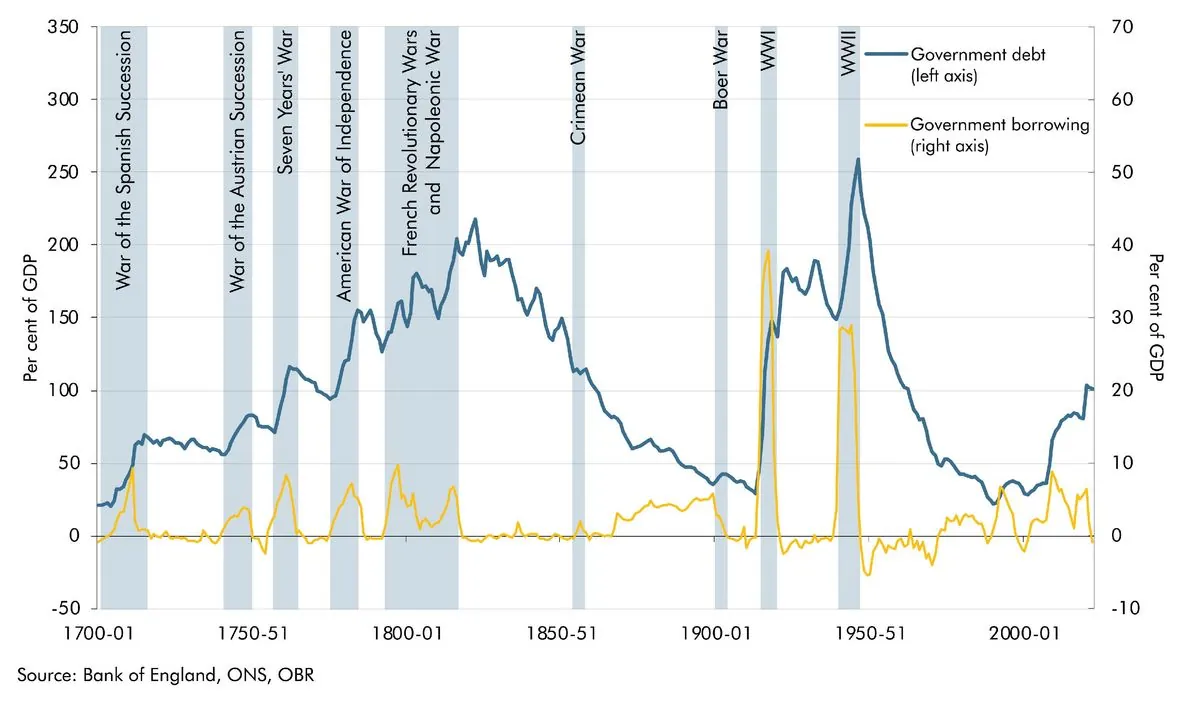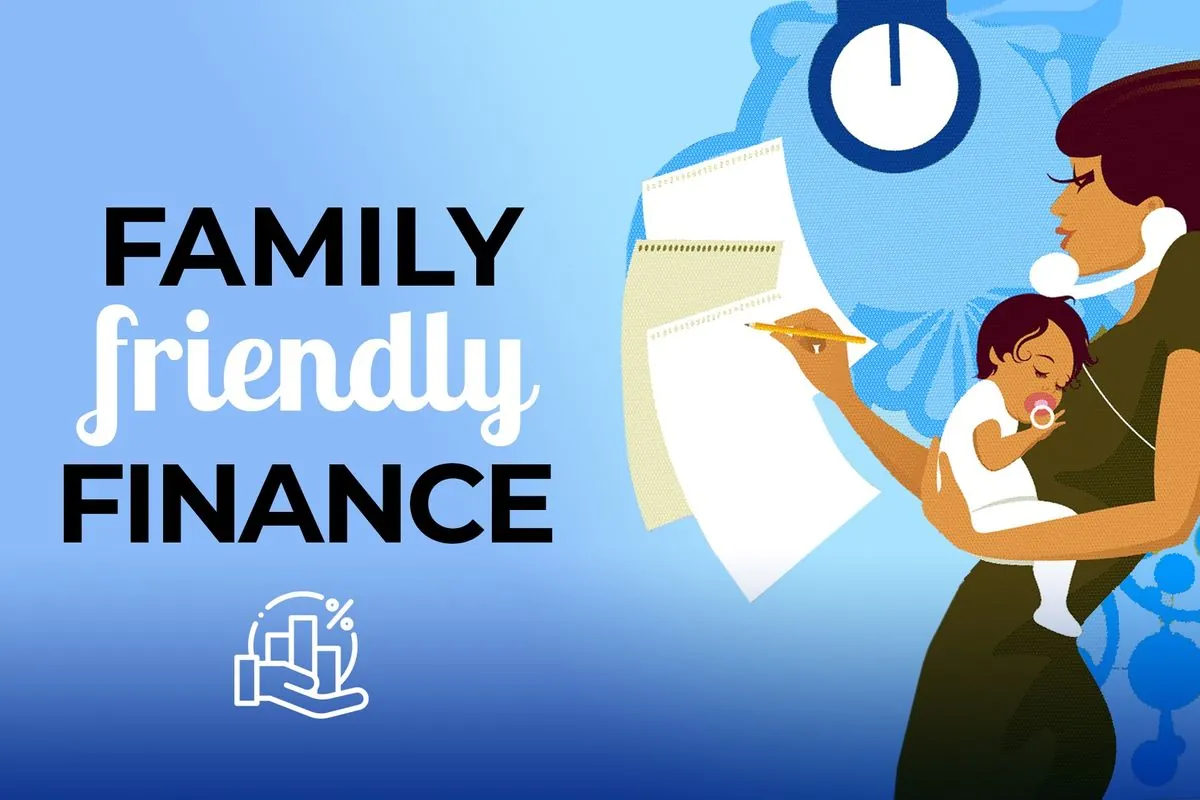The Rise of ADHD Self-Diagnosis and Coaching on Social Media
Social media platforms are fueling ADHD self-diagnosis trends, leading to a surge in unregulated coaching services. Experts express concerns about potential risks and the blurred lines between coaching and therapy.

The landscape of Attention Deficit Hyperactivity Disorder (ADHD) diagnosis and treatment is rapidly evolving, with social media platforms playing a significant role. Charlotte Forbes, a 35-year-old former advertising professional, exemplifies this trend. After encountering ADHD-related content on TikTok, Forbes self-diagnosed and subsequently received a formal diagnosis in March 2022, two and a half years ago.
Forbes' journey from self-diagnosis to becoming an ADHD coach highlights the growing industry surrounding this neurodevelopmental disorder. Charging £150 per hour for video sessions, she focuses on improving executive functioning skills, which are essential for managing daily tasks and making healthy choices.
The rise in ADHD awareness and treatment is reflected in recent data. Between 2019/20 and 2022/23, there was a 51% increase in ADHD medication prescriptions. The most significant growth was observed in the 30-34 age group, with a 146% increase, compared to a 28% increase in the 10-14 age group.
ADHD coaching has become a lucrative business, with many practitioners leveraging social media to attract clients. Janina Maschke, an ADHD coach with a PhD in psychology, offers coaching packages at £1,020 for six sessions. She reports that at least seven people per week seek her services after viewing her social media content.

However, established psychologists express concerns about this trend. Dr. Susan Young, a clinical psychologist, warns that some social media content about ADHD can be misleading or incorrect. She emphasizes that a proper ADHD diagnosis requires more than just a few symptoms and should only be made by qualified healthcare professionals.
The line between coaching and therapy is often blurred, raising questions about the qualifications and regulations governing ADHD coaches. Unlike therapists, coaches are not regulated by official bodies such as the Healthcare Professionals Council in the UK. This lack of oversight has led to comparisons with pyramid schemes by some critics.
While some individuals find ADHD coaching helpful, there are potential risks involved. ADHD often co-exists with other mental health conditions, which coaches may not be equipped to address. Philip Asherson, emeritus professor of neurodevelopmental psychiatry at King's College London, acknowledges that coaching can be beneficial when provided by experienced practitioners but warns of the thin line between support and exploitation.
Social media platforms, particularly TikTok, continue to fuel the ADHD coaching industry. Kelly Baums, a former teacher turned ADHD coach, has amassed 10.3 million likes on her TikTok videos. While she acknowledges the potential for misinterpretation, Baums stresses the importance of providing accurate information and support.
As the ADHD coaching industry expands, questions arise about its impact on individuals seeking help and the broader healthcare system. The complex interplay between social media, self-diagnosis, and unregulated coaching services presents both opportunities and challenges in addressing ADHD in the digital age.
"When you see something in one minute on TikTok, you have to take it with a pinch of salt. There are vulnerable people, who are seeking information. They're finding these fast, quirky posts on TikTok, [which are] misleading and may even cause more distress and harm to an individual."


































